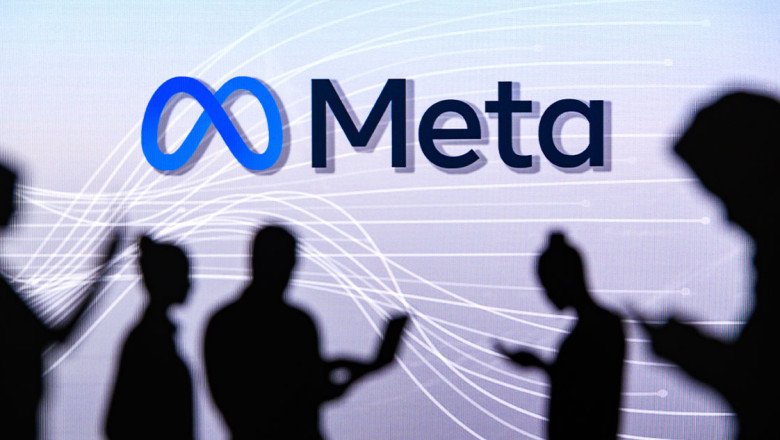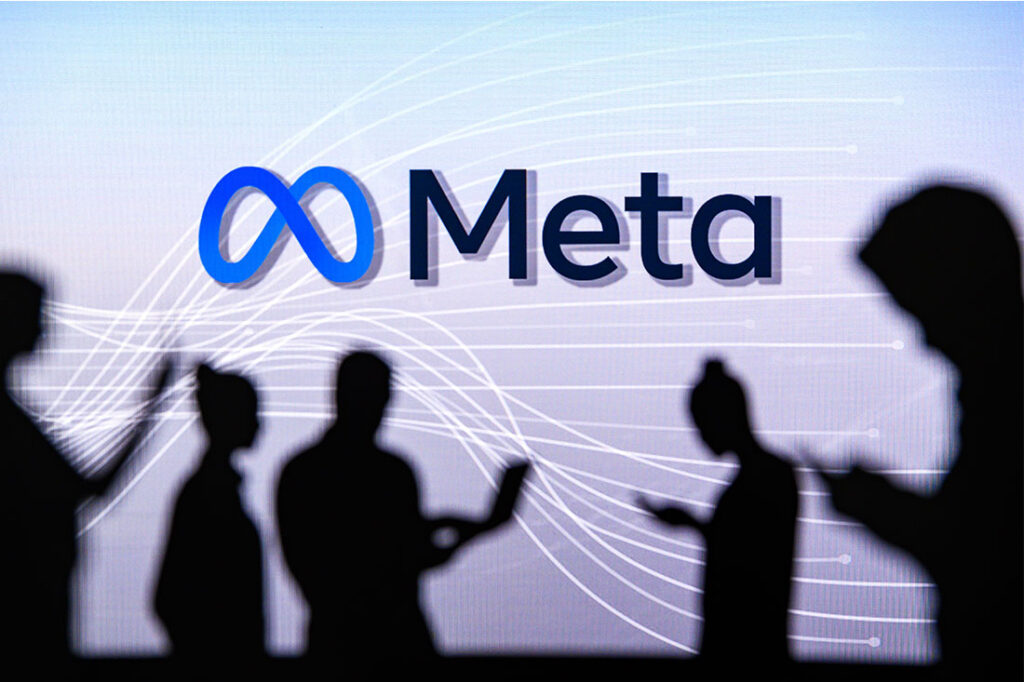
views
Quick Links
SECTIONS
- Business
- Entertainment
- Future of Work
- Health & Wellness
- Lifestyle
- Money
- Personal Development
- Professional Development
- Relationships
- SUCCESS Bestsellers
- Business
- Entertainment
- Future of Work
- Health & Wellness
- Lifestyle
- Money
- Personal Development
- Professional Development
- Relationships
- SUCCESS Bestsellers
JOIN US
- SUCCESS+
- SUCCESS Coaching
- Speakers Bureau
- SUCCESS Events
- SUCCESS Space
- Newsletter
- Daily SMS
- Subscribe
- Shop the SUCCESS Store
- SUCCESS+
- SUCCESS Coaching
- Speakers Bureau
- SUCCESS Events
- SUCCESS Space
- Newsletter
- Daily SMS
- Subscribe
- Shop the SUCCESS Store
GET IN TOUCH
CONNECT
Instagram Facebook Tiktok Linkedin Pinterest X-twitterMORE
 Get SUCCESS® Magazine PLUS 80+ Hours of Exclusive Training (& More!) to Multiply Your Earning Potential
SUBSCRIBE TODAY!
Get SUCCESS® Magazine PLUS 80+ Hours of Exclusive Training (& More!) to Multiply Your Earning Potential
SUBSCRIBE TODAY!
Save Up to 20% Before Oct. 2!
BOOKMARK Share TABLE OF CONTENTS
TABLE OF CONTENTS


Meta is cutting approximately 5% of its workforce, impacting over 3,000 employees, as part of a strategic shift toward focusing on artificial intelligence and smart technology. CEO Mark Zuckerberg announced this week in an internal memo to employees that the company will “move out low-performers” and incessantly focus on growth.
“I’ve decided to raise the bar on performance management,” Zuckerberg told employees this week according to Bloomberg. “We typically manage out people who aren’t meeting expectations over the course of a year, but now we’re going to do more extensive performance-based cuts during this cycle, with the intention of backfilling these roles in 2025,” the memo reportedly reads.
U.S. employees affected by the layoffs are expected to be notified by February, with international staff to be informed at a later date. The cuts will target only those who have recently undergone an internal performance review, with all impacted individuals set to receive a generous severance package. In line with its AI ambitions, Meta has been closely evaluating its workforce for some time. Zuckerberg previously dubbed 2023 the “year of efficiency,” which led to the elimination of around 10,000 jobs and the removal of management layers that no longer served a purpose.
At the same time, Zuckerberg worked on reshaping his own image as the man in command, adopting a more communicative and open dialogue about how Meta would operate moving forward. He’s now described 2025 as an “intense year,” where only the best will stay.

AI will become the cornerstone of Meta’s future strategy
Meta employees are facing growing uncertainty as the company undergoes significant restructuring across various divisions. In the past week, the tech giant announced controversial plans to dismantle its diversity and equity programs, eliminate its content moderation team and relocate several positions to a new base in Texas.
Zuckerberg has also suggested that future advancements in artificial intelligence could soon allow its systems to write code without the need for engineers or trained coders, signaling a shift that may bring further challenges even for the highest-skilled positions.
Zuckerberg is confident that his relentless push for growth and adaptation to cultural trends will help Meta break free from its current stock valuation, which lags behind rivals like Amazon and Google. The next phase of digital innovation, he believes, will hinge on diversification—an area where he recently called out Apple for falling behind. Speaking to Joe Rogan last week, the tech leader said he felt Apple was unnecessarily safeguarding its approach, and that “they haven’t really invented anything great in a while.”
Meta’s push into AI innovation may involve risks, but it’s a deliberate part of the company’s strategy to embed AI into every aspect of its future plans. From smart glasses to the Metaverse and other ventures, AI is poised to become the foundation of all of Meta’s operations.
Meta’s restructuring reflects a growing trend in the tech industry, where performance metrics and cost-cutting measures are increasingly shaping growth strategies. These changes are predicted to become a regular, annual process for the tech firm. Once seen as signs of overreach and instability, mass layoffs have become routine across Silicon Valley, framed as essential in reducing costs, satisfying shareholders and maintaining competitiveness.
Industry giants like Meta, Google and Microsoft face relentless pressure to advance, prompting a sharper focus on retaining only those who demonstrably add value. This has become all too common in an industry that not long ago seemed destined for an employment boom.
Microsoft is the latest tech giant to follow Meta’s lead, announcing layoffs that will impact around 1% of its workforce, according to CNBC. Their consulting division, hit hardest by slow growth, will be the first to see cuts, including a hiring freeze for certain roles and a shift to remote sessions. These actions are aimed at streamlining operations and reducing costs, as Microsoft, like Meta, adopts a more frugal approach in its workforce strategy.
These changes are not limited to the tech industry; they reflect a pressing dilemma about how employees can navigate a future where skilled work is harder to find. Just last week, the World Economic Forum predicted that over 40% of companies worldwide expect to reduce their workforces over the next five years due to the rising impact of artificial intelligence. BlackRock, Google and TikTok are just a few of the Big Tech names that have also scaled back their employee numbers.
Strategic hiring has become a critical tool for tech firms aiming to stay competitive, but it also creates an environment of uncertainty for employees. To navigate this, it’s crucial to focus on building agility and staying open to opportunities that align with broader future priorities. Assessing how your work impacts the bottom line is the ultimate measure of success. In a sector defined by disruption, cultivating a mindset that encourages change will ensure you are best positioned to ride out the storm and succeed.
AI innovation will continue to redefine the workforce, giving firms like Meta the tools to make tougher calls on who stays and who goes. As these advancements render some roles obsolete, the question remains: Which divisions will face the heat first?
Photo by kovop/Shutterstock

Pablo Urdiales Antelo
Pablo Urdiales Antelo is a news writer with a sharp focus on politics and business. Drawing from his experience in breaking news and pop culture commentary, he offers a comprehensive and international perspective on current affairs, helping audiences decode the complexities of our modern world.
5473 Blair Road, Suite 100
PMB 30053
Dallas, TX 75231
Copyright © 2024 SUCCESS Magazine. All rights reserved.
Save Up to 20% Before Oct. 2!
Copyright © 2024 SUCCESS Magazine. All rights reserved.
Unlock the Latest Knowledge that Can You Help You Achieve More in Life with More Confidence
Print and Digital Options Available
Oops!
You’ve reached your limit of free
articles for this month!
(plus get access to hundreds of resources designed
to help you excel in life and business)
Please enter your username or email address. You will receive an email message to log in.
No, thanks, I’m not interested in personal growth.
Plus, get access to daily inspiration, weekly newsletters and podcasts, and occasional updates from us.
By signing up you are also added to SUCCESS® emails. You can easily unsubscribe at anytime. By clicking above, you agree to our Privacy Policy and Terms of Use.
Please enter your username or email address. You will receive an email message to log in.
Get unlimited access to SUCCESS®
(+ a bunch of extras)! Learn more.
Please enter your username or email address. You will receive an email message to log in.
The exclusive article you’re trying to view is for subscribers only.
(plus get access to hundreds of resources designed
to help you excel in life and business)
Please enter your username or email address. You will receive an email message to log in.
https://www.success.com/meta-workforce-cut/
























Comments
0 comment